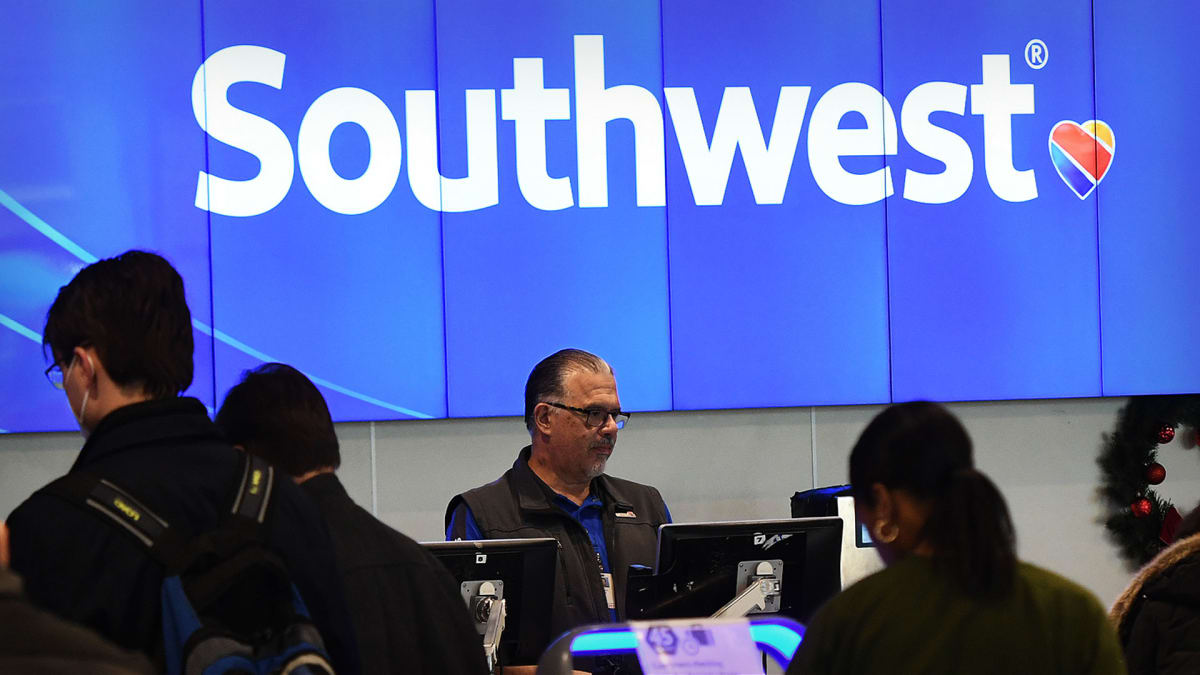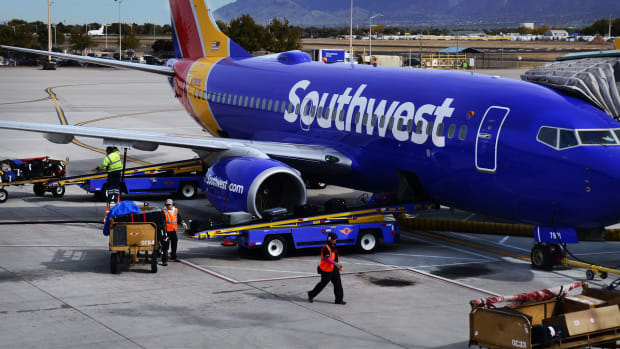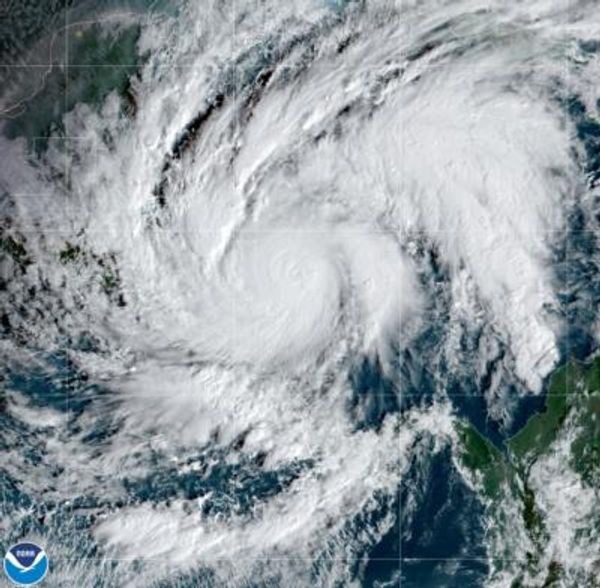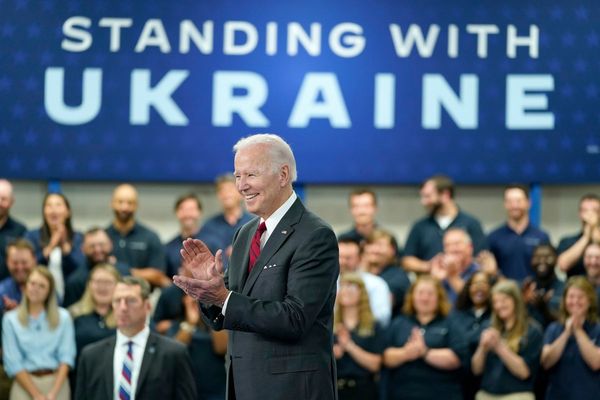
To people who know the aviation industry, Southwest’s (LUV) holiday meltdown was as frustrating as it was predictable.
During the winter holidays, Southwest began canceling or massively delaying flights, including nearly 75% (or 4,000 domestic flights) on the day after Christmas alone. As the week between Christmas and New Year’s went on, more than 16,700 flights were impacted, which could end up costing Southwest $825 million, at least.
The primary culprit was, of course, the massive winter storms that tore through the country at the end of December. This affected every airline, but Southwest was very clearly not able to weather the storm as well as its competitors; it had far more outages and cancellations than any other airline.
Southwest’s Breakdown Was a Long Time Coming
Last year, Southwest’s employees began picketing and having demonstrations at public events where the company’s management had begun congregating, in order to bring attention to the airline’s need to update its flight programming software, which by many accounts was decades overdue for an overhaul.
Aviation experts have been warning Southwest about its outdated software for years. The exact cost of updating this software is unknown, but if it wasn’t expensive, the airline probably wouldn’t have put it off for years and years.
According to ZD Net Business, Southwest pilots allege that “the company’s technology is simply not up to the task of efficiently scheduling staffing. To such a degree that pilots often have their flights changed and find themselves out of position, sometimes not being able to immediately return home.”
Furthermore, Southwest’s employees have accused the company’s management, including CEO Robert Jordan (who took over in 2022), of not spending enough to recruit and train the pilots and staff necessary for the airline to run smoothly.
Instead, the company’s reputation for sterling customer service has taken a hit while, protestors allege, executives have decided to pay themselves large bonuses and pay shareholders dividends.
Of course, that’s how corporations and the stock market work, one could argue. But you could also argue there’s a time and place for that sort of payout, and when an airline is seen as badly under-resourced, it's just a bad look, and bonuses can wait for another time.

Robert Alexander/Getty Images
The Public Is Taking it Out on Southwest Employees
The result of Southwest's executive decisions were thousands of miserable and stranded travelers. Many of whom, unfortunately, took out their justified frustrations out on customer service representatives, who were not responsible for the problem.
It's easy to see where this could lead, and how Southwest's headaches could get much worse. At the moment, Southwest has a bad public image, because it doesn't have enough employees or a reliable infrastructure, and therefore can't function as well as its competitors.
It's not going to be easy for Southwest to repair its public image, or to regain the trust of its employees or customers. The company has announced plans to hire 8,000 more employees this year, but it remains to be seen if that's just lip service, of if management is willing to spend enough to recruit people who might be wary of coming onboard.
Southwest's clear first step is to hire more employees so the airline can function properly. But if you are known as a company where your employees get yelled at, well, who is going to want to take that job? And if no one wants to work for Southwest, how is this ever going to get turned around?
When you're in a hole, the saying goes, stop digging. But has Southwest dug itself in too deeply?







